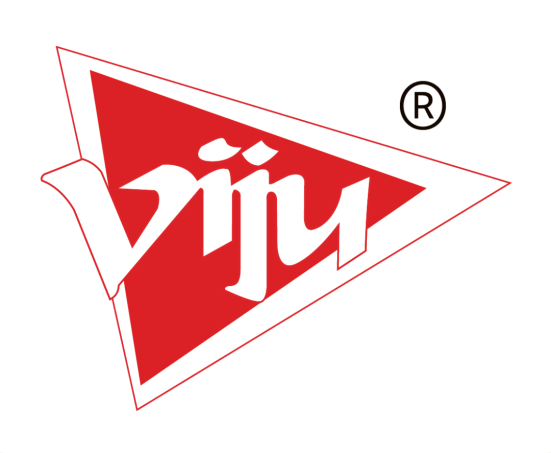

Regarding the Green Imperative Project (GIP), the Vice President said that the €995 million, a 5-year project which is funded by the Import/Export Bank of Brazil (BDES) with support from Deutsche Bank, Islamic Development Bank, and others, will aim at agriculture technology transfer from Brazilian Original Equipment Manufacturers (OEMs), Research and Training Institutes to Nigeria’s entrepreneurs, Research Institutes and businesses. The initial sum is in the order of 280 million USD,” Prof. “Funding for this is from budgets of the Federal and State governments and bilateral support from development partners such as the Netherlands. The crops for the need of the pastoral household, the trees to fight desertification and enhance carbon sequestration rather than emission. The ranch will be an integration of crops, pasture, and trees. “All the energy on the ranches will be from biogas from cattle dung and solar power. The VP explained that “an indigenous technology company has developed a microchip for tracking the cattle and we are working on a pilot project with one of our development partners – the Netherlands government. This will involve training pastoralists in new ways of producing and rearing cattle sustainably to address the challenges of resource-based violent conflicts between crop farmers and cattle herders, and the generally low milk and beef productivity of indigenous cattle breeds.” Osinbajo noted that the focus is on “transiting gradually from nomadic system of cattle production to the more sedentary method of ranching. On the National Livestock Transformation Plan (NLTP), Prof.

The budget for the Agriculture for Food and Jobs Plan AFJP is $1.5billion.” Input suppliers, weather, pests, and disease indexing services will be provided on the exchange as well. “The AgExchange will be an ecosystem or one-stop-shop for providing a range of services and products to small-holder farmers such as real-time e-subsidies, credit-connect by providing credit score of farmers on the platform and linking them to financiers, insurance services, market place services for connecting producers, aggregators and off-takers based on competitive market prices. These FinTech companies (FarmCrowdy, Infinera, CropIT) are run by young Nigerians. “So, we have registered and mapped about six million small-holder farmers to their farmlands and we are also currently collecting 200,000 composite soil samples from these farms to be analyzed in 22 local soil laboratories to guide local fertilizer blending.”Ĭontinuing, the VP said “on the back of the farmer-farm database which we developed, we are creating a digital Agriculture Exchange Programme (AgExchange), working with the Alliance Rabobank and MasterCard in collaboration with some local FinTech companies. Each of these young men and women had a locally developed app on smartphones and electronic tablets to digitally register farmers and map out their farm GIS coordinates. Speaking further, the Vice President said “during the COVID lockdowns, we trained and deployed over 34,000 young graduates all over the country, covering over 8,000 local government wards in 774 Local Government Areas.


 0 kommentar(er)
0 kommentar(er)
